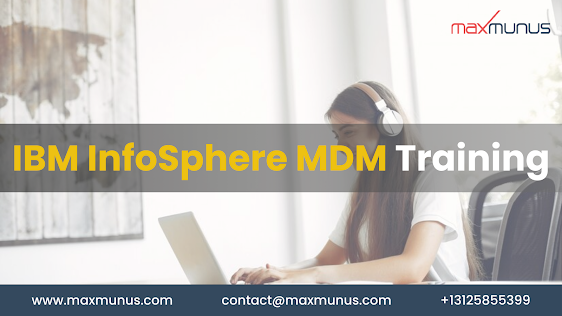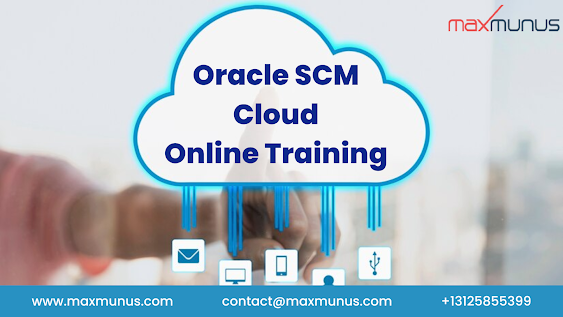What is Syniti's knowledge platform?

In today’s fast-paced digital landscape, businesses worldwide are in a relentless pursuit of innovation and efficiency. Amidst this quest, data has emerged as the cornerstone of success, driving strategic decisions and operational excellence. Harnessing the power of data necessitates not only advanced technologies but also adept human expertise. Recognizing this imperative, Syniti introduces MaxMunus , a comprehensive knowledge platform designed to empower individuals and organizations with the essential skills and insights to navigate the complexities of data management and digital transformation. Understanding Syniti’s Vision At the heart of Syniti's ethos lies a commitment to enable organizations to unleash the full potential of their data assets. With a legacy of excellence spanning decades, Syniti has earned a reputation as a global leader in data management solutions. MaxMunus emerges as a natural extension of this vision, serving as a catalyst for individuals and enterprises



